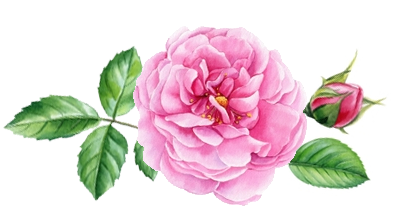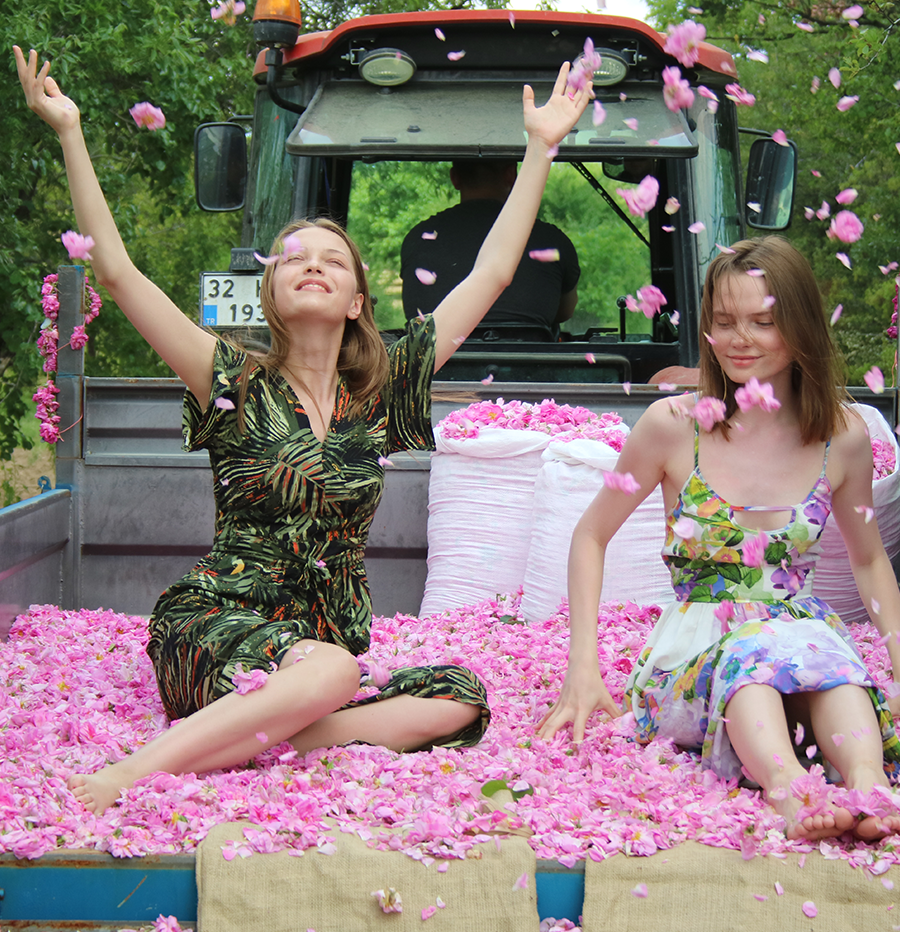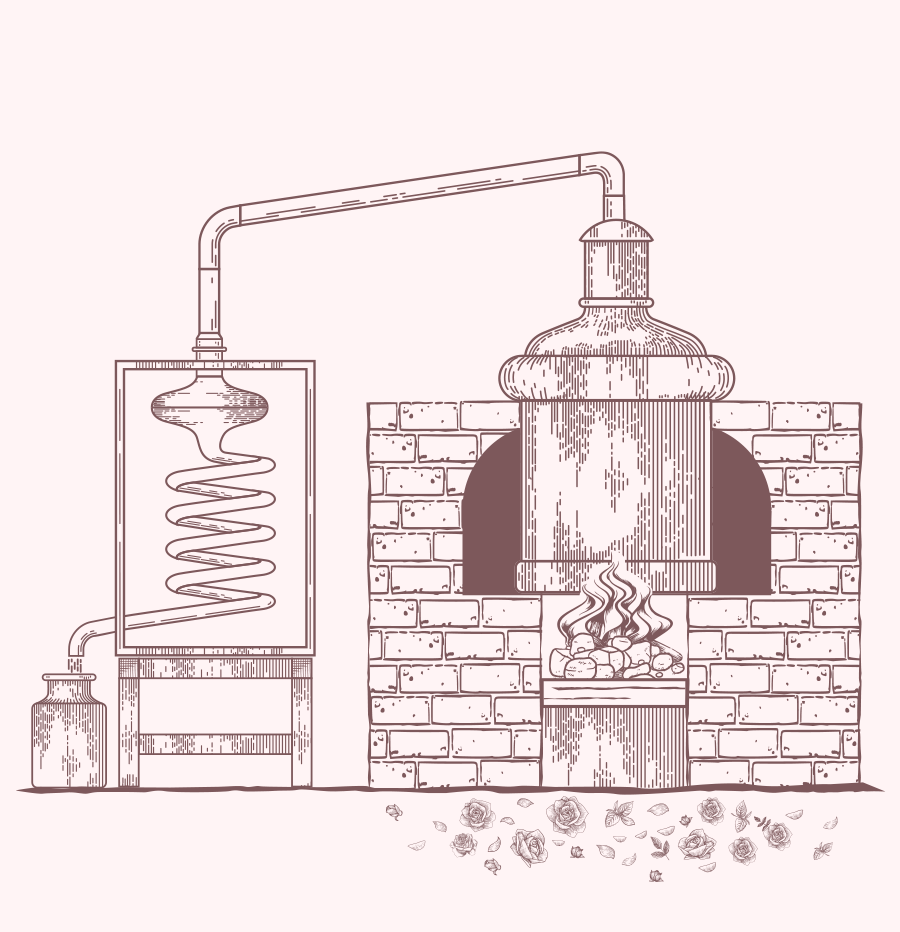
"The Rose's rarest essence lives in the thorns."
Rumi
THE BIRTH OF THE ROSE IN ISPARTA
The Oil rose ROSE DAMASCENA (The flowers are renowned for their fine fragrance, and are commercially harvested for rose oil used in perfumery and to make rose water. They may be used to flavor food, as a garnish, as a herbal tea.) and is the most favored rose for producing rose oil and rose water. It has been produced in Turkey’s Mediterranean region in ISPARTA, the land of ROSES for over 100 years. After the war between Russia and the Ottoman’s in 1877-1878 Turkish people had to leave Bulgaria leaving behind their rose gardens and rose oil plants. The people tried to cultivate roses in some parts of Anatolia. However only the region of Isparta has the perfect weather and soil conditions. In 1888 Müftüzade İsmail Efendi began the rose cultivation in Isparta, Turkey.
WHY ISPARTA ROSE IN THE BEST?
The Isparta region, has an ideal climate and soil conditions for oil rose. In the Isparta region, from 1929 to the present climate data has been carefully studied; The average annual temperature of 53.5 °F, the average annual rainfall is 643 mm, average humidity of 61 %, the average annual number of clear days is 122 & the average daily sunshine duration is 7.5 hours. The flowering season ( May-June ) period is 8.5-10.5 hours of sun per day, the average monthly temperature is 59-68 °F, the average monthly rainfall is 45-30 kg/m2 and the average monthly air relative humidity is between 50-60 %.* The soil properties of Isparta are sandy, deep and well drained with soil containing sufficient organic matter, with a pH level 6-7.
* Oil rose and Rose in Isparta” Dr. Hasan Gürbüz, Dr. Soner Kazaz, 2013.
ROSENSE
Rosense is the world’s the finest natural rose sourced cosmetics brand.
In 1954, Gülbirlik (Gül means rose in Turkish), a Union of Cooperatives originally formed by nine founding members, was established. Today, it comprises six separate cooperatives, with 8,000 local farmers and four rose plants. It processes 300 tons of rose petals per day during the season and by pure copper alembics, produces 100% genuine pure Isparta rose oil and rose water. As the major supplier of rose oil and rose water to the world’s leading perfume and cosmetic brands, Gülbirlik is committed to producing high quality products. In 1998, Gülbirlik embarked in the production of a wide range of beauty and skincare products under the Gülbirlik label. The success of these products prompted Gülbirlik to establish the ROSENSE brand in 2003 and release its products to the national and the international markets. Today, Rosense is sold in many countries, including Germany, the United Kingdom, The Netherlands, Canada, Australia, the United Arab Emirates, Japan, and China. As of 2010, Gülbirlik and Rosense have commenced growing organic roses for the production of organic rose oil and rose water. As the current leader in conventionally produced rose oil, Gülbirlik will continue it’s success in the organic rose industry. The products and the management of Rosense cosmetic and sweet rose is certified by ISO 9001:2008, ISO 22000:2005 and GMP ISO 22716.

Production Method of Rose Water and Rose Oil – Distillation
Rosense rose water is produced by using a distillation technique from the damascena rose petals. There are no chemical preservatives added during distillation and the product is completely free from any petrochemical derivatives and chemicals. In the process of distillation, large stills, traditionally of copper, with 3 tons capacity, are filled with 500kg of fresh blossoms and 1.5 tons of water. The still is fired for 90 minutes. The vaporized water and rose oil exit the still and enter a condensing apparatus and are then collected in a flask. This distillation yields a very concentrated oil (direct oil), which makes up about 20% of the final product. The water which condenses along with the oil is drained off and redistilled (cohobation), in order to obtain the water-soluble fractions of the rose oil such as phenethyl alcohol which are a vital component of the aroma and which makes up the large bulk, 80%, of the oil. The two oils are combined and make the final rose otto. The hydrosol (Herbal distillate) portion of the distillate is known as rosewater. Rosewater is the natural water that is obtained through the mixture of the oily water (ferment) with rose scent, which is an outcome of the production of rose oil with pure, clean hot water, distilled in the proportion of 1 /1. Rose water, which is produced using natural methods, is filtered several times.


